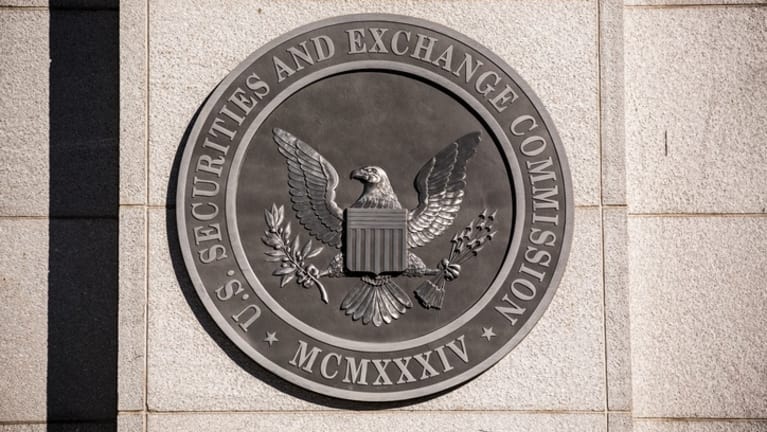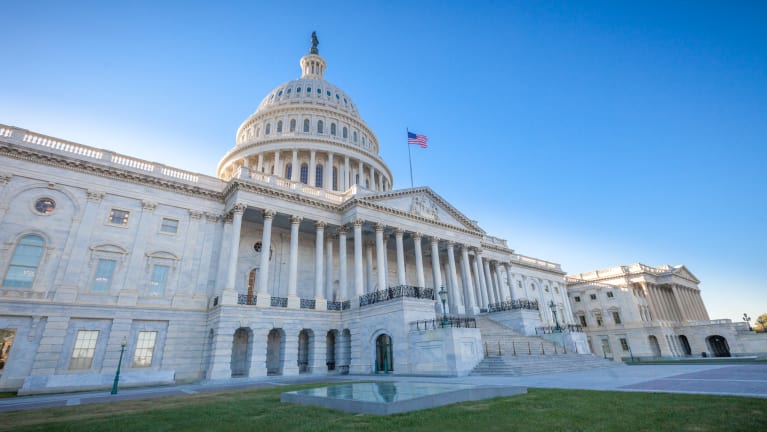The NLRB did not err in determining that an employer acted unlawfully by threatening plant closure if a union was not decertified, ruled a divided Eighth Circuit. Although employees repeatedly petitioned for decertification of the union, the Board found such petitions tainted by the employer’s unlawful assistance, and its unfair labor practices aimed at discouraging employee support for the union. However, the NLRB erred in finding that the employer violated the Act by making statements suggesting unionization was futile, because the Board did not determine that the statements contained a threat of reprisal or force or promise of a benefit. Judge Gruender filed a separate opinion concurring in part and dissenting in part (Southern Bakeries, LLC v. NLRB, September 27, 2017, Murphy, D.).
After Southern Bakeries acquired a bakery facility in 2005, it hired most of the predecessor’s employees and recognized the union as the bargaining representative for production and sanitation employees. Over time, Southern and the union negotiated a series of collective bargaining agreements. The most recent CBA expired in February 2012.
Decertification petitions. In 2009, an employee petitioned the Board for an election to decertify the union. Most employees voted to retain the union. Another decertification petition was filed in December 2011. The union then alleged that Southern had engaged in unfair labor practices. No election was held after the Board determined that the employer had unlawfully assisted the decertification petition. In March 2012, Southern started restricting the union’s access to its bakery. The previous CBA had allowed the union on-site visits to ensure that the agreement was being honored. Southern repeatedly told the union that it could only discuss compliance with the previous CBA and could not lobby employees about the decertification efforts. On March 23, Southern banned a bargaining representative from visiting with employees after it allegedly received reports he was harassing employees. Seven months later, union representatives were again allowed to visit with employees at the bakery, but access was limited.
In May 2012, an employee filed a third decertification petition. It had been signed by a majority of bargaining unit employees. A decertification vote was scheduled for February 2013, but union representatives discovered that Southern had installed surveillance cameras without notice or bargaining. Over the next several months, a Southern executive gave a series of mandatory speeches in which he stated that unions can harm companies, started strikes at other bakeries that caused 18,000 people to lose their jobs and 33 bakeries to close. The union filed unfair labor practice charges and the Board declined to hold the decertification election.
Pro-union employees disciplined. Between March and May 2013, Southern disciplined a number of pro-union employees. Three employees were investigated for discussing the union, and one received a written warning. One employee was suspended for six days for leaving the production line for less than five minutes for an emergency bathroom break when no supervisor was available to give permission. Southern also encouraged employees to oppose the union so their wages would increase and to avoid a strike.
Unilateral changes. In June 2013, an employee submitted a petition to the company signed by a majority of unit employees asking Southern to withdraw recognition of the union. Southern withdrew recognition. Several months later, the employer unilaterally raised employee wages without notice or bargaining. Thereafter, the General Counsel filed a complaint against Southern. In the interim, the Board was granted injunctive relief; however, the injunction was later vacated.
Thereafter, an administrative law judge determined that Southern had engaged in a number of unfair labor practices. The Board affirmed in a split decision, holding that Southern had interfered with employees’ exercise of their collective bargaining rights, discriminated against employees to discourage unionization, and unlawfully refused to bargain by withdrawing recognition from the union and unilaterally installing surveillance cameras, changed union access rights, and increased wages. Southern petitioned for review of the Board’s order, while the Board cross-petitioned for enforcement.
Threats. Southern claimed that the Board erred by concluding that it had violated Section 8(a)(1) of the NLRA by making unlawful campaign statements that threatened plant closure, communicating that unionization was futile, promising benefits if the union was decertified, and disparaging the union. It also challenged the Board’s determination that it created the impression that union activity was under surveillance, unlawfully interrogated employees, and threatened discipline, job loss, and other reprisals.
The Eighth Circuit concluded that substantial evidence supported the Board’s determination that statements made during mandatory meetings implied an unlawful threat that continued unionization would cause the bakery to close and employee to lose their jobs. On the other hand, the Board erred in concluding that Southern acted unlawfully when it told employees that the union could only make promises but could not guarantee that they would come true, and the union could only win what the company was voluntarily willing to give. Because the Board did not identify any “threat of reprisal or force or promise of benefit,” the statements did not suggest that unionization was futile.
Promise of benefit. During a speech, an executive said, “if you think about the issue logically, you know the answer to the question of what will happen to your wage, benefits and working conditions if the union is voted out.” Here, the appeals court found that the statement implied that the employer would provide benefits to employees if they voted out the union, and therefore provided substantial evidence to support the Board’s conclusion.
Harassment reporting rule. Southern also disputed the Board’s determination that it unlawfully promulgated an unlawful reporting rule. While the reporting rule was worded in neutral terms, it was announced by an executive immediately after his comments about union harassment of opponents. Such statements may have been understood to equate persistent union activity with harassment. The company encouraged employees to report such purported “harassment” and stated that it would “address the problem.” Additionally, substantial evidence supported the Board’s conclusion that the employer’s installation of cameras in the union’s meeting space created the impression of surveillance.
However, the appeals court declined to enforce that portion of the Board’s order finding that the employer threatened employees with discipline, job loss, and other unspecified reprisals if they engaged in union activity.
Discipline. On the contrary, the Board’s determination that the employer unlawfully disciplined three employees for engaging in union-related activity was supported by substantial evidence, concluded the appeals court. Finally, substantial evidence also supported the Board’s conclusion that the employer acted unlawfully by limiting the union’s access to the plant. Accordingly, the Board’s cross-petition for enforcement was granted in part and denied in part.
Partial concurrence and partial dissent. Judge Gruender argued that the Board’s decision protected the union at the expense of employees, and that the wrongs of the employer should not be visited on the employees. He argued that the Board’s decision imposed the union on a nonconsenting group of workers who have repeatedly indicated a desire to be free from its representation. Further, he pointed out that the resulting harm could go on indefinitely, and the bargaining order blocks any future decertification election until the NLRB determines that a “reasonable time” has passed. Accordingly, he dissented from the bulk of the majority opinion.
Tags: Benefits Compensation Equal Pay Pay






